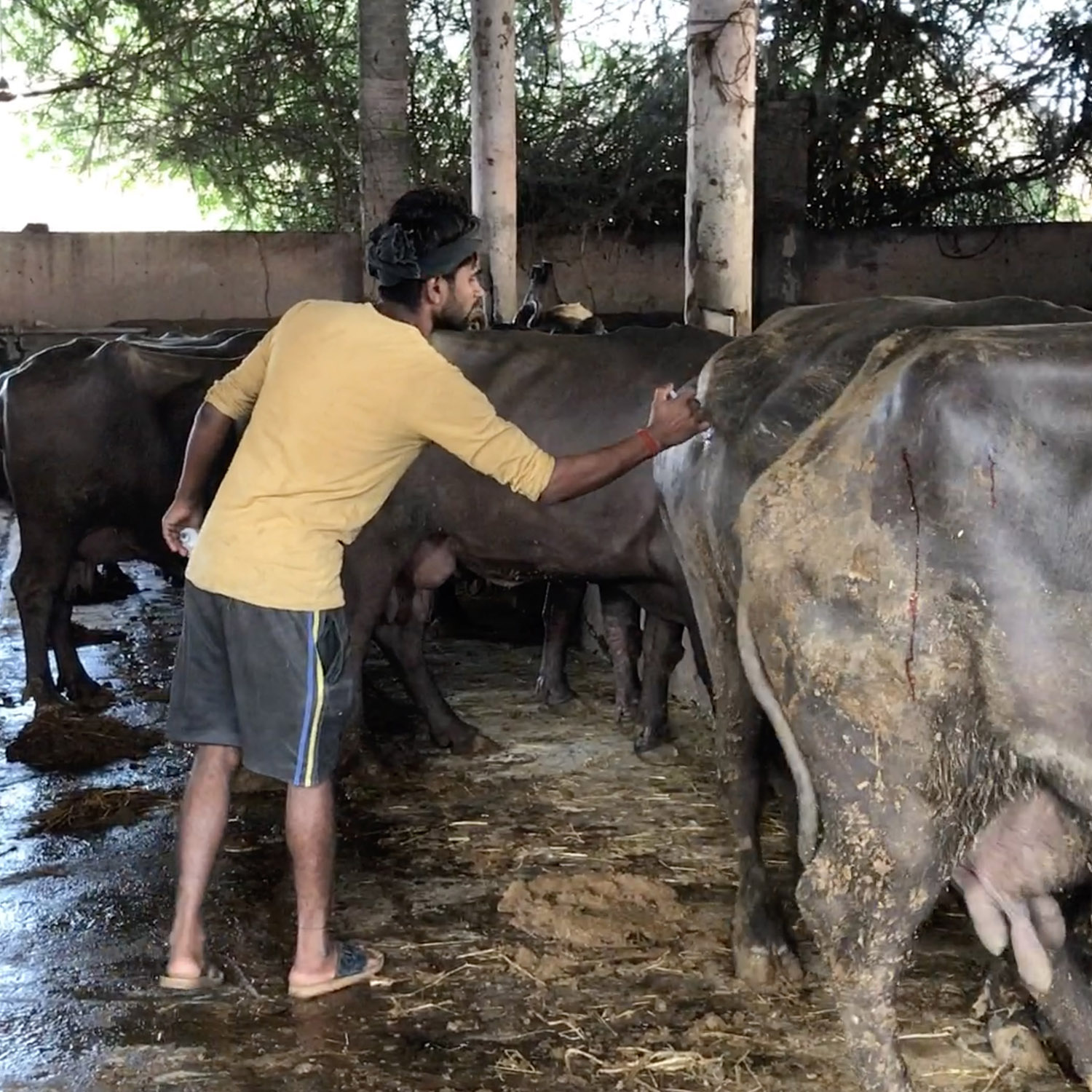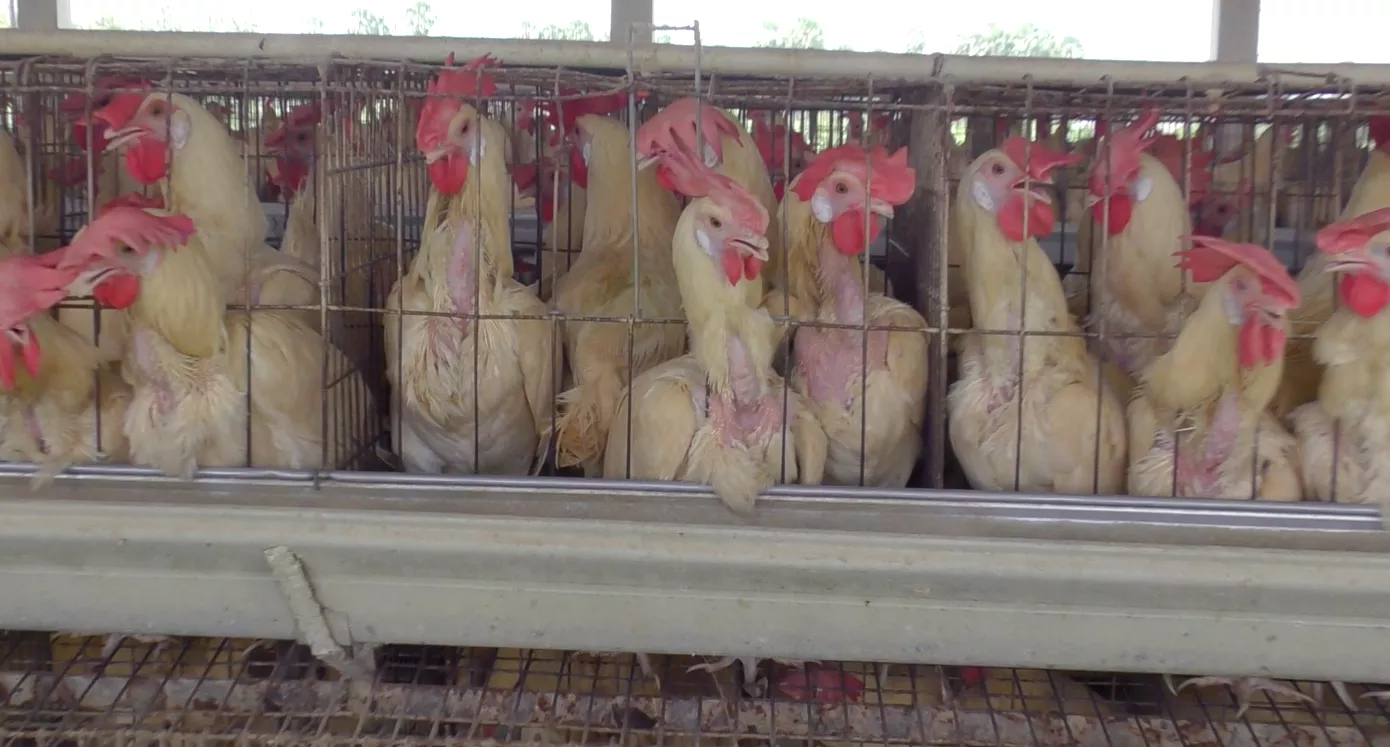

Consumer Rights: The Imperative of Knowing the Truth Behind Factory Farming
Consumers are not just passive recipients of products; they are empowered individuals with the right to make informed choices. Among the myriad issues that demand consumer awareness, one of the most pressing is the treatment of animals on factory farms. In an era where ethical choices and sustainability are at the forefront of consumer consciousness, understanding the realities of factory farming is crucial for making informed decisions.
The practices followed in these facilities often raise dire concerns about animal welfare, environmental impact, and public health. Now more than ever it is imperative for consumers to delve into the dark side of factory farming and recognize why their choices matter.

First and foremost, consumers deserve transparency. Knowing what happens to animals on factory farms allows individuals to make choices that align with their values. Factory farming practices often involve overcrowded and unsanitary conditions, routine use of antibiotics, and procedures like debeaking and tail docking without anesthesia.
Furthermore, understanding the impact of factory farming on the environment is crucial. These facilities contribute significantly to deforestation, water pollution, and greenhouse gas emissions.
The issue extends beyond animal welfare and environmental concerns; it also has implications for public health. The routine use of antibiotics in factory farming contributes to the rise of antibiotic-resistant bacteria, posing a serious threat to human health. Consumers who are aware of this risk can choose products that come from farms employing responsible antibiotic use, thus advocating for a healthier and safer food system.
Now is an opportune moment to recognize the power consumers hold in shaping industries through their choices. As individuals become more conscious of the ethical and environmental impact of their decisions, they contribute to a growing movement that demands accountability from producers. By understanding what happens to animals on factory farms, consumers can actively participate in creating a food system that aligns with their values, promoting the well-being of animals, the environment, and public health. One way to make a difference today is by considering replacing meat, dairy, eggs, or other animal products with plant-based alternatives.
